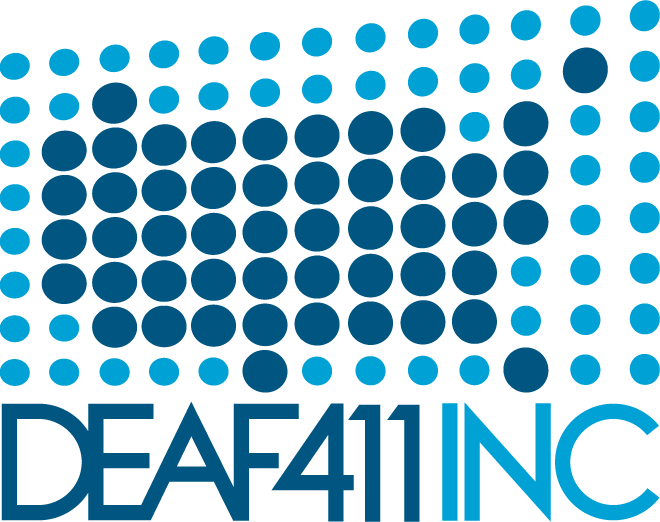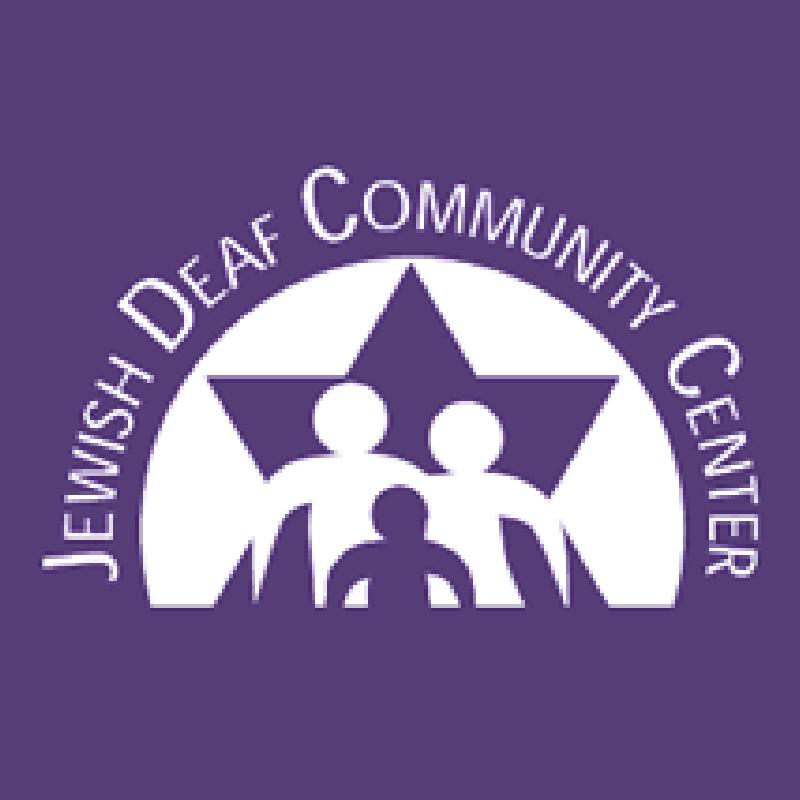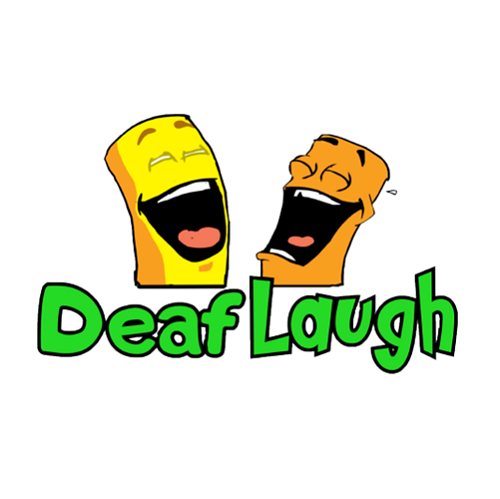« Deaf and the City | Main | Large vs. Small City: How Does it impact the Deaf Population? »
A Deaf Town, or Fully Deaf-Accessible Town?
By Deaf411 | May 16, 2008
[Deaf411] As you walk down the street to the grocery store, you pass other deaf people. A deaf postman puts mail in a mailbox and waves to you as you walk by. He signs “Good morning” and you reply back the same. At the grocery store, you walk up to the meat department. A deaf butcher comes to serve you. At the checkout, the deaf cashier signs “Thank you for visiting. Please come by again.” Several people passing by on your way home sign “Good morning”. When you arrive home, you cook a delicious meal for your family.
Or imagine your trip to the post office. You wait in line and stare at a poster advertising FedEx’s fast shipping services until the teller is available. You walk up to the counter and gesture for pen and paper to write what you need. The counter person is patient and writes answers to your questions. As you are about to leave, the counter person fingerspells, “Come back again”. You thank the teller for their excellent service. On the way home, you stop by Sears to pay a bill. When the cashier finds out you are deaf, she instructs the other customer to go to the next station and patiently wait for your written question. The cashier responds and you pay the bill. As you leave, the manager stops by and introduces himself. He is a CODA [child of deaf adult], thanks you and wishes you a great day.
Question:
Would you rather live in a “Deaf Town”, or a “Fully Accessible Town”?
- DEAF TOWN: A town composed of one culture or one language (e.g. ASL). All deaf individuals live in this town as well as hearing people who know the language. There are no communication barriers and no accommodation barriers. A deaf person can live without worrying of requesting special accommodations or interpreters to eliminate communication barriers.
- FULLY ACCESSIBLE TOWN: A town where more than one culture is present. There are many languages and communication barriers. Special accommodations and interpreters are required to eliminate communication barriers and other forms of accessibility barriers. In this town, a deaf individual does not work hard to access anything and there are accommodations available almost everywhere.
What Are The Pros & Cons Of A “Deaf Town”, and a “Fully Accessible Town”?
We invite you to share your ideas and thoughts! We will explore different topics as part of the “Deaf-Friendly Cities in the U.S.” project. Send your email to survey@deaf411online.com.
 |
PLAY VIDEO TAKE SURVEY |
Topics: Deaf-Friendly | Comments Off on A Deaf Town, or Fully Deaf-Accessible Town?
Comments are closed.







